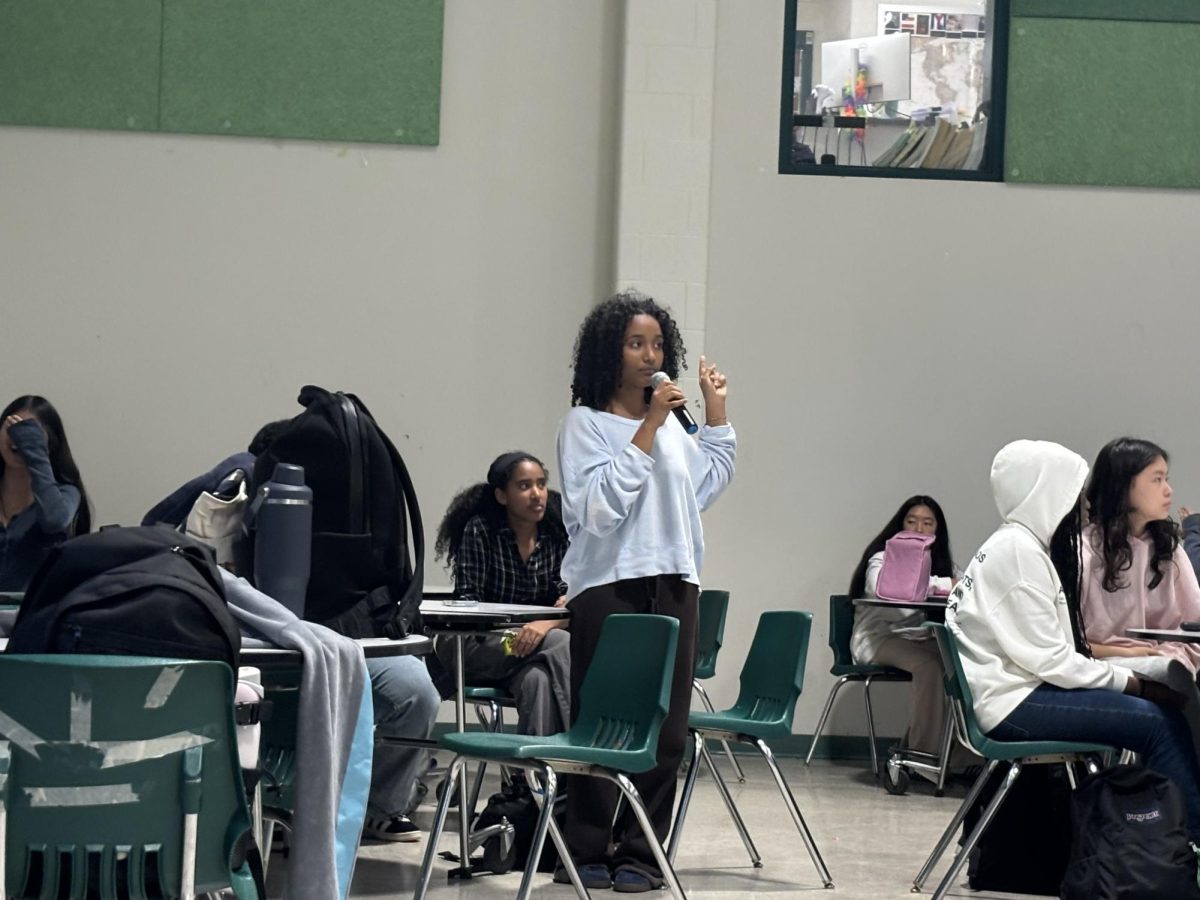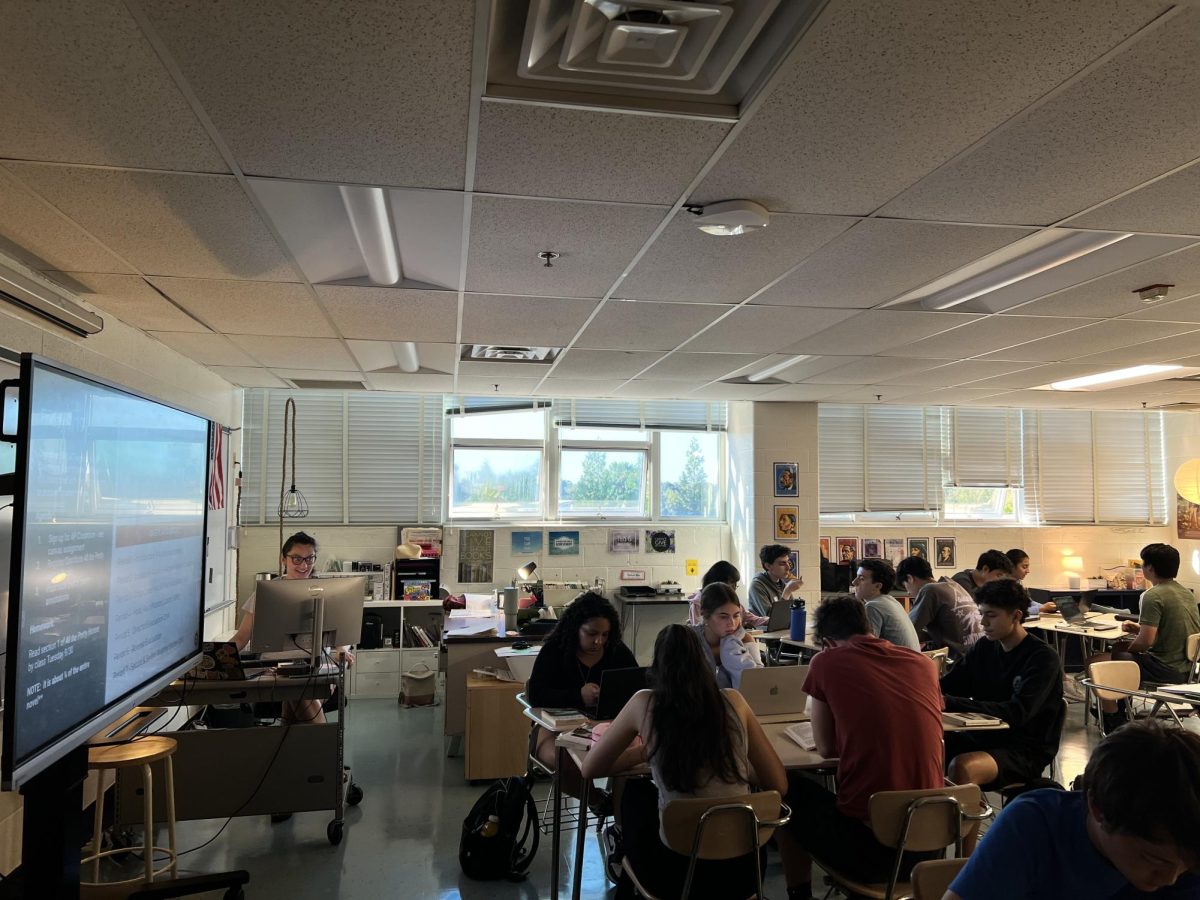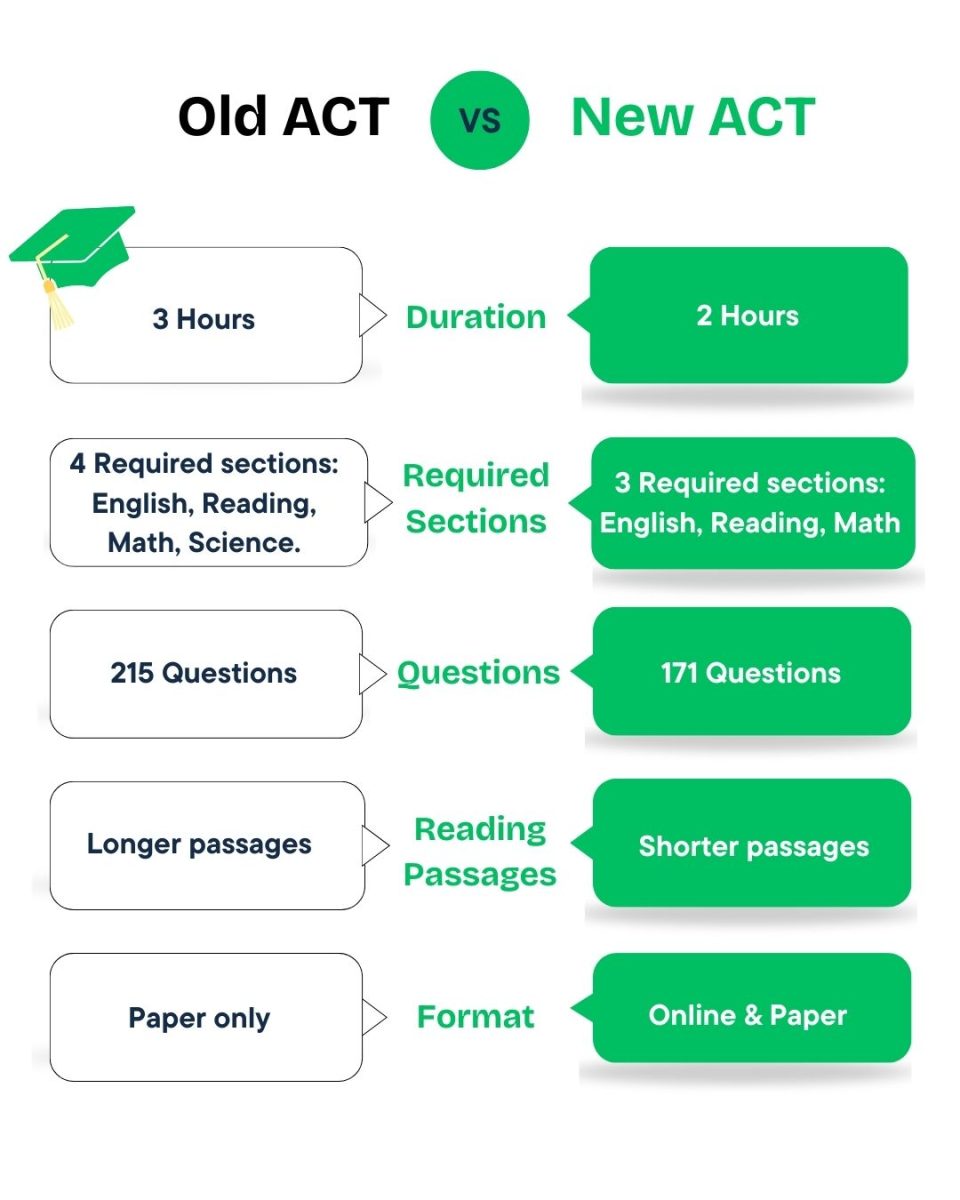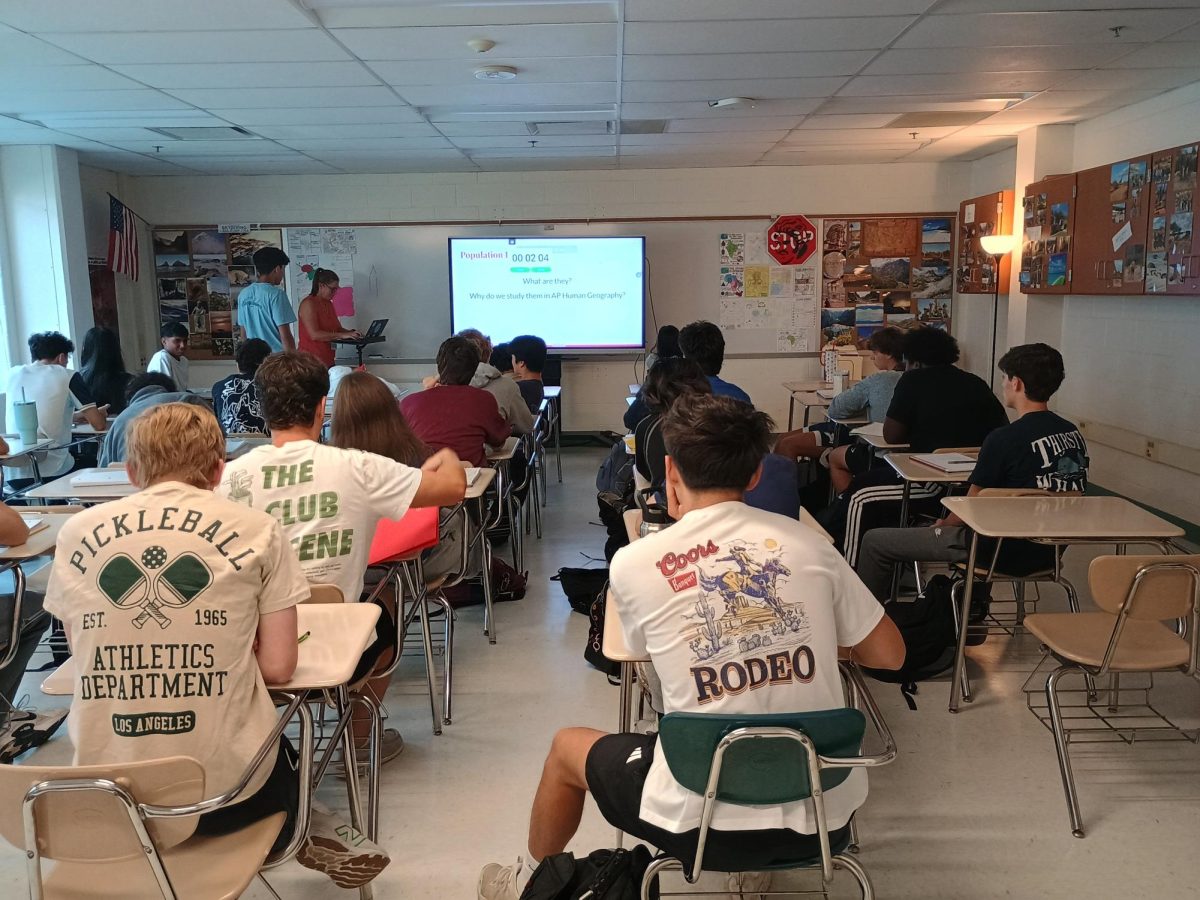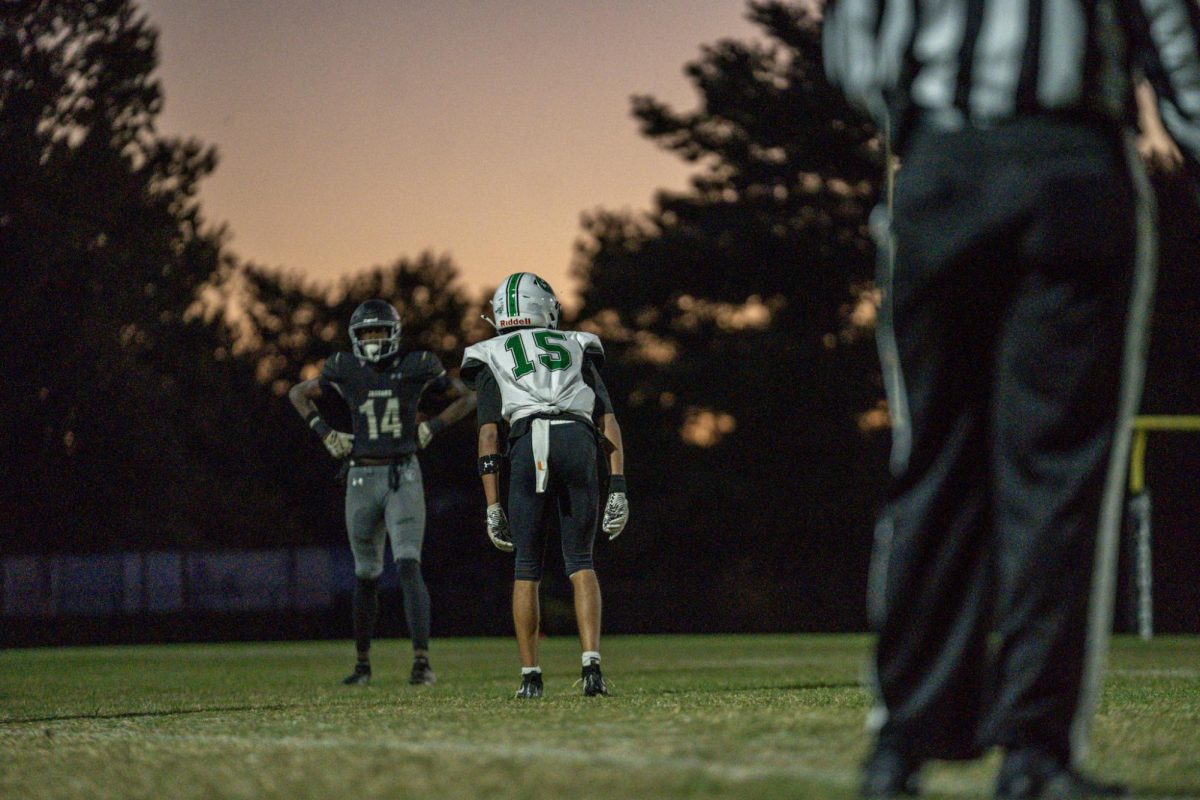During Black History Month, the Black Student Union (BSU) is dedicated to educating students about black culture and of course, African American history.
Throughout the month of February, the morning announcements will include facts and key figures from a list provided by BSU. In addition to their meetings, BSU is also having a club-wide spirit week, inviting a guest speaker.
In partnership with the History Club, BSU is hosting guest speaker Ralph Buglass in the student commons on Feb. 17 during lunch. Buglass comes from the Montgomery County Historical Society to educate students on the history of segregation in Montgomery County.
“There are places in this county that have been segregated, you know, and it hasn’t been a very long time since then, so it’s important to be conscious about that history,” History Club vice president junior Defne Ustundag said.
On Feb. 24, there will be a triple third period for their annual BSU assembly featuring musical performances as well as one from the step team. The event will also feature talking points such as “appreciation vs appropriation” and the Harlem Renaissance.
“What we really hope is to start a conversation…We’re trying to educate people. Our talking points are specifically things that we think need addressing especially in this school and for this generation,” BSU vice president senior Kyla Johnson said.
BSU is prioritizing the importance of understanding cultural appropriation. With widespread social media trends diminishing their true black roots, BSU hopes to educate students on how to recognize these issues of appropriation.
“Really getting involved in trying to nitpick all the stuff that people are doing on TikTok, social media in general and we’re sharing them to tell them, ‘Hey, this is not okay, to stop taking our culture and changing the name and making it into something else that it’s not.’ That’s mainly our central theme for what we’re doing,” BSU secretary senior Bryan Kibet said.
To wrap up Black History Month, during the last week of February, BSU will be setting up for International Week to continue their mission of educating students on important topics surrounding the black community.
“[I hope students realize] that it’s not okay to take someone else’s culture and try to manipulate and change the name of it,” Kibet said.



